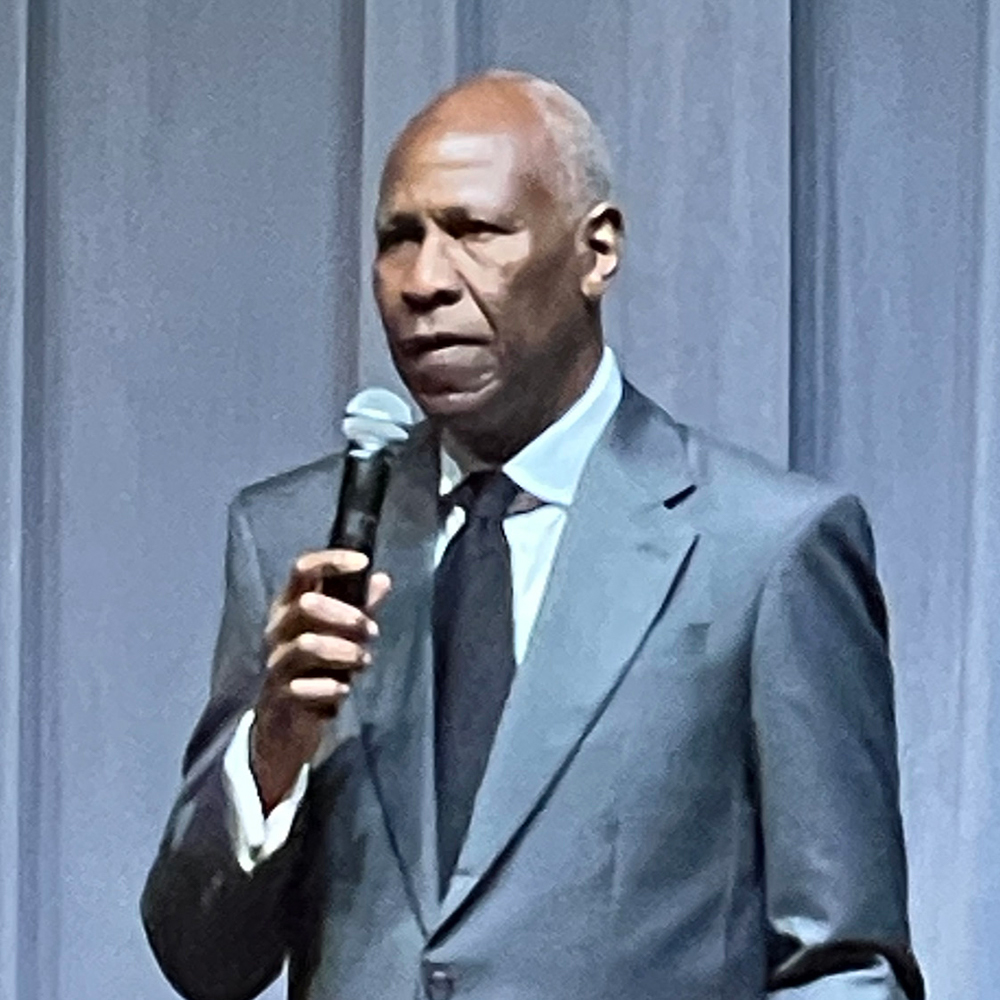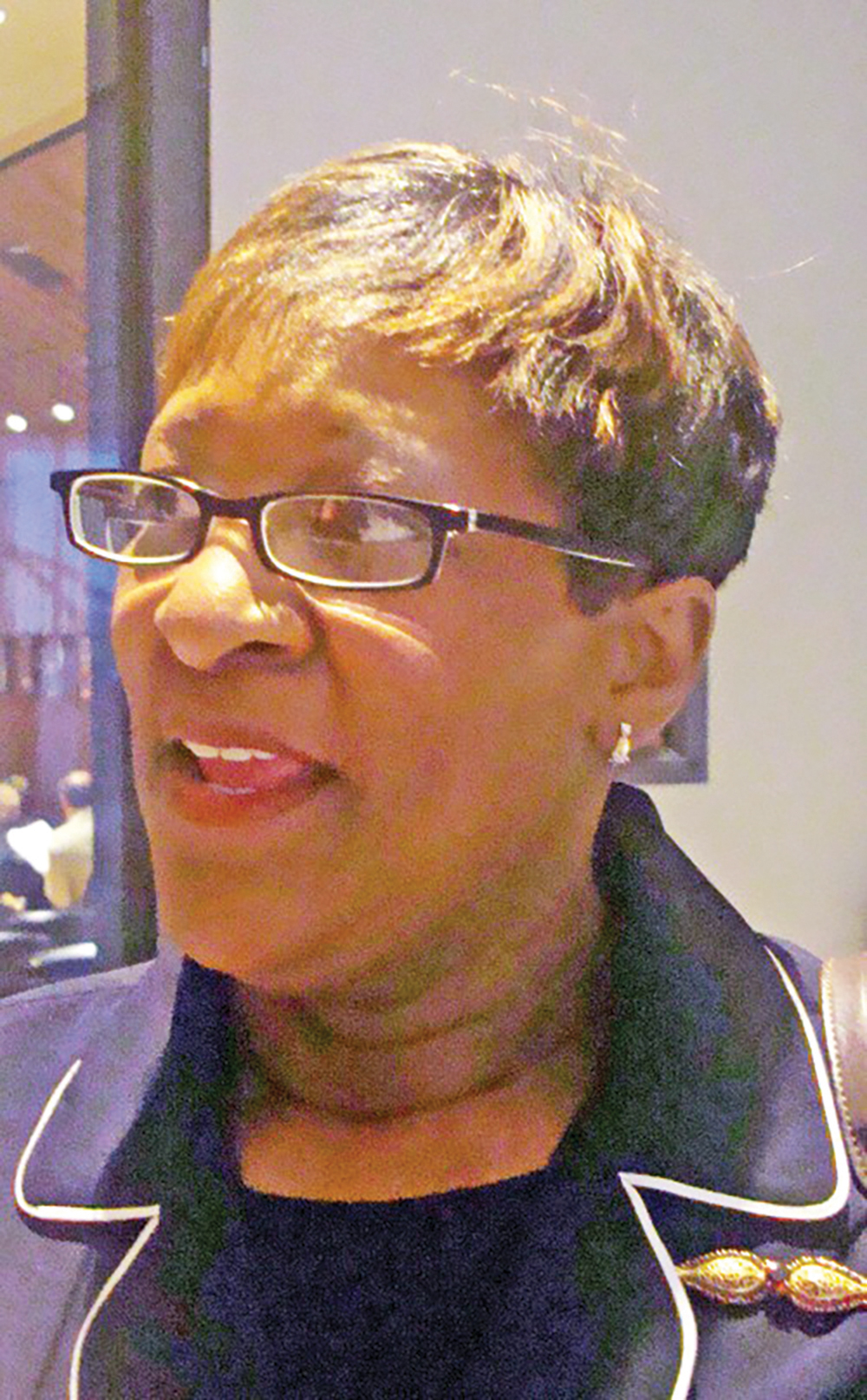By now, with early voting under way and scarcely two weeks to go before Election Day itself, it is apparent — even to the extreme Pollyanna types among us — that Mayor Willie Herenton will not be aiding the voters (or his opponents) by participating in any multi-candidate forums.
That’s unless you count the two times he has appeared in series with his three major adversaries — City Council member Carol Chumney, former MLGW head Herman Morris, and former Shelby County commissioner John Willingham.
The first of those occasions occurred several weeks back when the mayor deigned to appear — separately, as did the others — before a public evaluation session of the Coalition for a Better Memphis, answering the same set of policy questions as his opponents. He was third in line for that event and, coincidentally or not, also finished third in the coalition’s ultimate numerical evaluations (behind Morris and Chumney, in that order).
Only last week, Herenton made another partial concession to the forum concept when, at Homebuilders on Germantown Parkway, he deigned, albeit briefly, to sit on the same stage as his three main contenders at an event put on by the Cordova Neighborhood Association. Speaking first, he itemized his dogs and ponies and then left, leaving Chumney to chastise him for not staying to “answer questions” and Morris and Willingham to do similar tut-tutting.
Actually, the format of the evening, which also featured candidates in several council districts, did not permit questions, nor, ipso facto, did it allow for answers.
Herenton next had an opportunity for some joint Q&A action on Sunday, when he, the other mayoral candidates, and aspirants for various council seats were invited to appear at an event sponsored by the Central Gardens Neighborhood Association at Idlewild School.
His Honor had accepted the association’s invite, but he opted out when he learned he would not be able, as at the two prior events, to speak his two-cents’ worth and then depart but would be expected to stick around with the others to field questions — including some from the audience and from children at three neighborhood schools and, potentially at least, from his opponents.
As it happened, the Central Gardens folks excluded several candidates who had not completed the association’s fairly extensive questionnaire on issues before a deadline had passed. As a result, both Chumney and Willingham, along with various council candidates, found themselves on the outside looking in, having to settle for passing out their campaign literature to arriving attendees.
Among mayoral contenders, only Morris and the inimitable Laura Davis Aaron were empanelled. Morris, who — buoyed by a fresh endorsement from The Commercial Appeal — seems to be enjoying something of a late rise, performed well, and Aaron, whose persona has sometimes seemed to be an SNL improvisation, outdid herself with a dire warning — Grim Reaper-like, given the presence of the student corps — that children educated in the public schools, unlike their home-schooled counterparts, would die.
 Jackson Baker
Jackson Baker
A rare group sighting: the top four mayoral candidates in Cordova
(It was some consolation that “Dr.” Aaron, who claims to receive visions from God, did not say when.)
One of the questions directed at the field of candidates concerned their attitude toward those of their opponents who had spurned the opportunity to come forth. Predictably, the absent Herenton drew barbs from Morris and others — as did incumbent District 8, Position 1 councilman Joe Brown from opponent Ian Randolph, who has picked up some good late support in various quarters.
Brown has indeed been a no-show at the campaign year’s public forums and other collective events, whether or not his reason is what Randolph alleges it is — to exploit voter confusion of himself with the other Joe Brown, the former Criminal Court judge who now holds court on syndicated national television.
The other main target of complaints concerning his chronic abseentism from public scrutiny was Reid Hedgepeth, a political newcomer who is seeking election to the District 9, Position 3 seat being vacated by council veteran Jack Sammons and who has stout support from Sammons, FedEx founder Fred Smith, and other influential Memphians.
Hedgepeth’s support group also includes the first-time candidate’s fellow developers, or so alleges opponent Lester Lit, a retired businessman who makes that charge in a radio ad now running and who verbally blistered Hedgepeth on Sunday for consistently making himself scarce.
“Vote for me or Desi [Franklin] or Mary [Wilder]” was Lit’s generous advice to attendees at the Central Gardens forum. (Both Franklin and Wilder, who also seek the District 9, Position 3 seat, were present, as they, like Lit, have been for other candidate forums this year.)
Hedgepeth is a special case. Unlike Brown, who maintains his own North Memphis community center for constituents, and unlike Herenton, who has been the cynosure at several mass rallies in the inner city and who has made selected drop-in appearances elsewhere, Hedgepeth has, by apparent design, been the subject of few public sightings.
Sammons, who by general acknowledgement is directing the Hedgepeth campaign, pooh-poohs the necessity of his protégé’s making appearances at forums and other such events. “He needs to be out where the people are,” said the retiring councilman on the occasion of the recent opening of Hedgepeth’s Park Place campaign headquarters.
And that, Sammons went on, passing his hand over a wall map, meant concentrating on door-to-door canvassing. It should be said that there are skeptics in other candidates’ camps who doubt that Hedgepeth is doing much door-to-door, either. What is incontestable is that Hedgepeth has beaucoup campaign signs — including what would seem to be scores of large wooden ones — all over District 9 and, for that matter, in adjoining areas, both inside and outside the city.
And this week saw the appearance of a TV spot in which the 30-year-old former University of Memphis tight end appears both personable and focused and promises, once in office, to be the source of “straight talk” and “practical solutions.”
Meanwhile, it would seem, voters will have to do without much of either. Hedgepeth’s highly packaged and well-financed campaign so far has distinct resemblances to the election efforts of Nikki Tinker, a repeat candidate for the 9th District congressional seat who, in both 2006 and in the campaign she has already launched for 2008, has eschewed much in the way of policy statements and whose public appearances are highly controlled. She too, like Hedgepeth, has relied heavily on direct mail, visible campaign paraphernalia, and expensively produced media.
Whether coincidentally or not, both Hedgepeth and Tinker also reportedly have stout support in local corporate circles.
None of that conclusively demonstrates anything, for better or worse, about the potential of either candidate in office, but it is the kind of outward, detached manifestation that Joe Saino, a candidate for District 9, Position 2, had in mind on Sunday at the Central Gardens forum when — almost in the manner of ’60s balladeer Joe South — he denounced the prevalence of “signs, signs, signs.”
But even Saino, a retired businessman and public official best known these days for his muckraking blog efforts at memphiswatchdog.org, has his signs out. They all do. On the day after Election Day we’ll see which ones were omens and which just turned out to be litter.
Next week: the Flyer‘s pre-election issue





 Jackson Baker
Jackson Baker